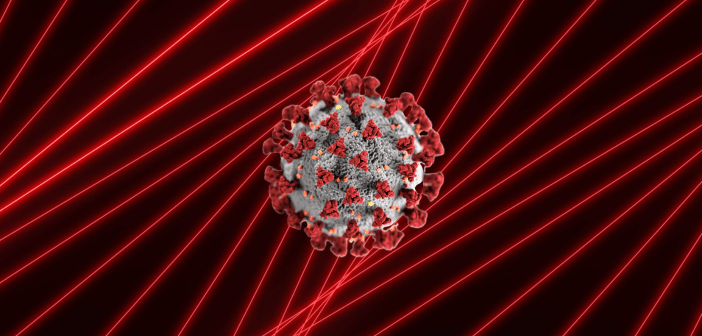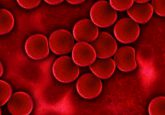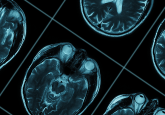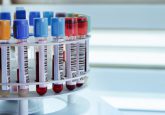Shining the (laser) light on coronavirus spike proteins

Is it possible to create a light-induced immunoassay capable of selectively detecting a virus in under 5 minutes? A recent study suggests it is, as researchers demonstrate the detection of coronavirus spike proteins using just a low-power laser.
Just as moths can be drawn to light, microbes can also be influenced and moved by it. Leveraging this concept, researchers from Osaka Metropolitan University’s Research Institute for Light-induced Acceleration System (RILACS) (Osaka, Japan) have developed a rapid method to detect viruses using just a small sample.
Professor Takuya Iida from Osaka Metropolitan University and also the Director of RILACS, alongside Associate Professor Shiho Tokonami, Deputy Director of RILACS, led the research team, who published their findings in the journal, npj Biosensing.
By using laser irradiation to expose a nanoparticle-imprinted plasmonic substrate composed of nanobowl structures of approximately 500 nm in diameter, the team coated the surface with antibodies targeting coronavirus spike proteins. Next, using a 5-milliwatt laser, similar in power to a standard laser pointer, bubbles formed on the biochip, attracting virus-mimicking nanoparticles which sped up the selective detection of the particles.
You may also be interested in:
- Feeling under the weather? Call the Express Biochecker
- The power of PCR: fighting the new mpox outbreak with two new assays
- Quantifying AAV viral titers: an examination of qPCR and dPCR technologies across applications
Light-induced convection then facilitated the movement of nanoparticles to the stagnant area between the substrate surface and the bubble, eliminating the requirement for a high concentration of particles. The entire process was completed in under 5 minutes, from coating the substrate to detecting the virus.
These results establish a foundation for developing compact biochips for portable light-induced acceleration systems, enabling high-throughput detection of protein biomarkers for rapid on-site testing of viruses and mitigation of pandemic threats.
“This study shows that we can shorten the cumbersome antibody coating process and perform rapid and highly sensitive protein detection,” Iida explained. “We believe our findings can contribute to the early diagnosis of not only the novel coronavirus, but possibly also various infectious diseases, cancer, even dementia.”





